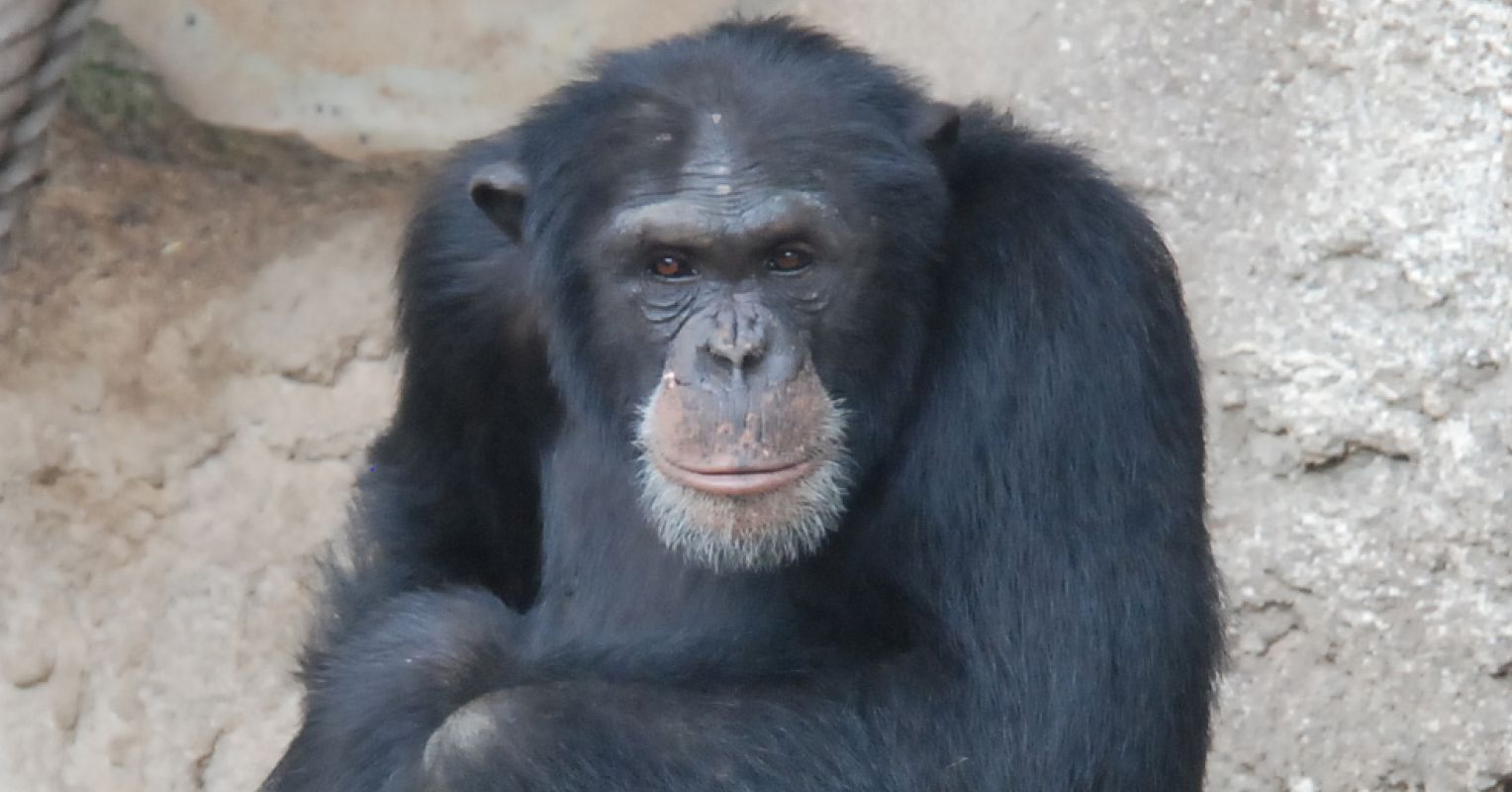
"We have recently read a lot about the remarkable life's work of the great chimpanzee researcher Jane Goodall, who passed away on 1 October 2025. We learned that the Kenyan archaeologist and palaeontologist Louis Leakey sent her to Gombe National Park to study chimpanzee behaviour, as he believed that studying existing great apes could tell us more about humans than the bones of early hominids could."
"With an open mind, Goodall discovered that chimpanzees produce tools, form lasting social bonds, and pass on knowledge across generations (although now we know that they are not very good at this). However, Goodall's discoveries were not all positive. She was also the first to report that chimpanzees engage in organised warfare."
"Chimpanzees patrol the borders of their territory and even kill members of neighbouring groups (Watts and Mitani, 2001). Usually, chimpanzees are loud and outgoing and not very good at controlling their behaviour. However, during patrols, they often move in single file, maintaining close proximity to each other, and remain uncharacteristically silent. The patrolling individuals are extremely wary. They make frequent stops to scan the environment, paying close attention to any movement in the trees or on the ground. They also sniff the ground and vegetation, inspecting signs of other chimpanzees such as nests, food caches, and urine and faeces. They also rarely eat during patrols."
Louis Leakey sent Jane Goodall to Gombe to study chimpanzee behaviour to gain insight into human evolution. Goodall observed tool manufacture, durable social bonds, and some intergenerational knowledge transmission, though that transmission appears limited. Goodall also documented organised intergroup violence among chimpanzees. Patrols of territorial borders involve silent, wary, single-file movement with frequent scanning, scent inspection of nests and caches, and little feeding. Patrol participants sometimes kill neighbouring group members. Territorial aggression and successful violence can yield substantial benefits for the winning group, altering group safety and access to resources.
Read at Psychology Today
Unable to calculate read time
Collection
[
|
...
]